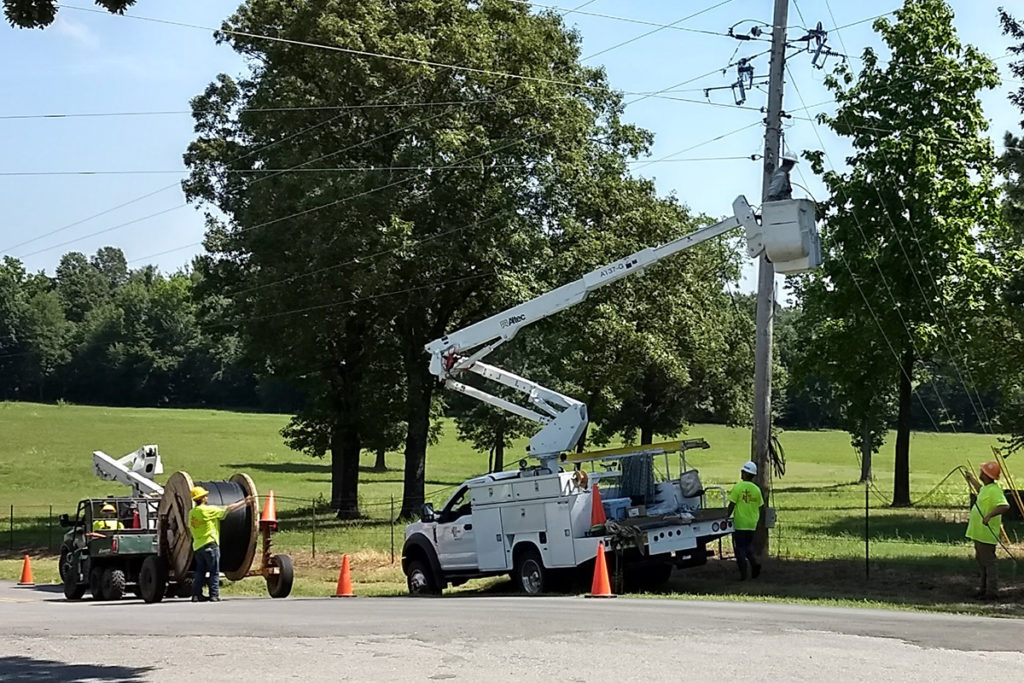
The U.S. Department of Agriculture has approved $371 million in rural infrastructure loans for 10 electric cooperatives that will improve service to more than 220,000 rural homes and businesses.
USDA announced its latest round of Electric Loan Program awards on Aug. 13. The Rural Utilities Service loans and loan guarantees will go to projects in 11 states to upgrade or build about 3,741 miles of transmission and distribution lines, the agency said. About $80 million will go toward smart grid technology and digital communications to enable co-ops’ ability to detect and respond to outages.
“These investments will improve electric service by connecting more customers, building and improving lines and modernizing power grids in rural communities,” said Agriculture Secretary Sonny Perdue.
Craighead Electric Cooperative received the program’s largest investment: $100 million to build and improve almost 350 miles of power line and upgrade smart grid communication that will enable high-speed internet in remote areas.
“Craighead Electric is doing its part to keep electric service reliable and electric costs low, and we are also helping to close the digital divide for thousands of people across rural Arkansas,” said Brian Duncan, CEO of the Jonesboro-based co-op.
Another co-op recipient is Naknek Electric Association in Naknek, Alaska. An emergency loan of $1.5 million will help it supplement operating expenses and loss of revenue due to the COVID-19 pandemic, which canceled the spring herring fishing and processing seasons.
Additionally, staff and travel restrictions among salmon workers resulted in fewer electric sales, said Dianne Marie King, the co-op’s general manager.
“The RUS loan funds will allow NEA to replenish its working capital without having to increase rates to its members,” said King. “We are appreciative to [USDA] for making this emergency loan available, and we look forward to the 2021 seafood processing season returning to more normal levels of activity and electric sales.”
Victoria A. Rocha is a staff writer at NRECA.